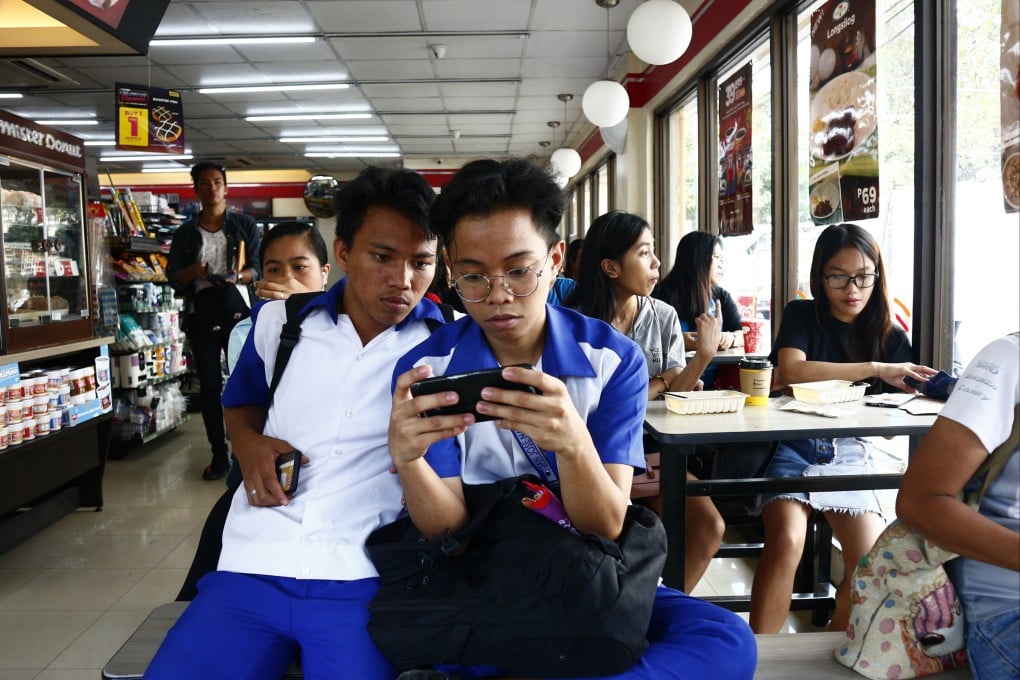In Philippines, falling English standards spark calls for film, TV dubbing ban
- The call comes after international studies show many Philippine students fare poorly in English reading comprehension and speaking skills
- Philippine educators say more needs to be done as having strong English language skills is key to the country’s economic competitiveness

In a bill introduced on February 19, Negros Occidental Representative Jose Francisco Benitez noted that several international studies showed many Philippine students were struggling with advanced-level English reading comprehension and speaking skills.
“To address this, we must enhance learning delivery to enable the [skilled] acquisition of English as a second language [ESL] … Mass media can enable children to develop English proficiency,” according to Benitez’s bill.
His proposal calls for a fine against film and TV content providers for dubbing English programmes, but they are still required to include Filipino subtitles.
“Using subtitles as opposed to dubbing in English films and TV programmes could be significant in enhancing English proficiency,” said Salve Calderon, who teaches English to junior and senior high school students at Bataan National High School in the city of Balanga.